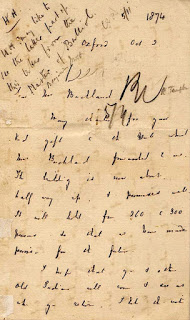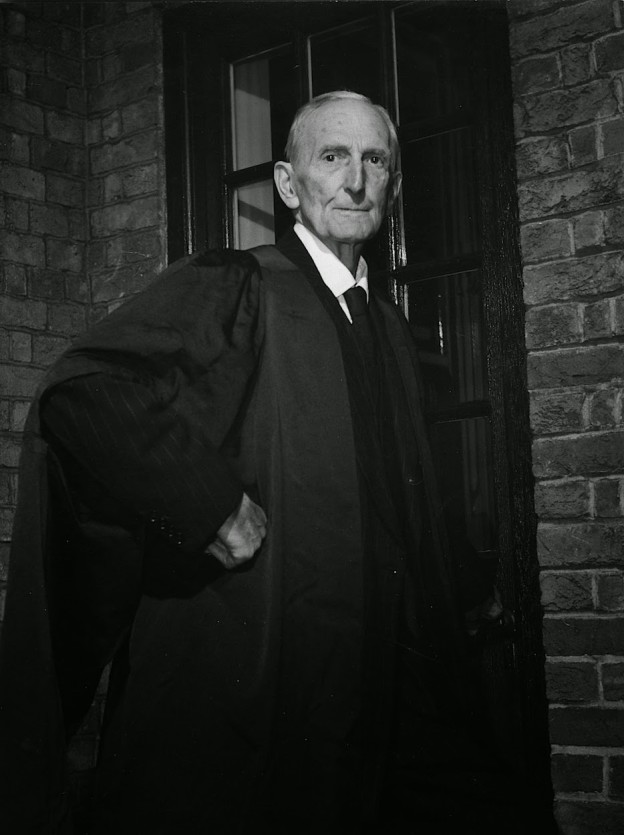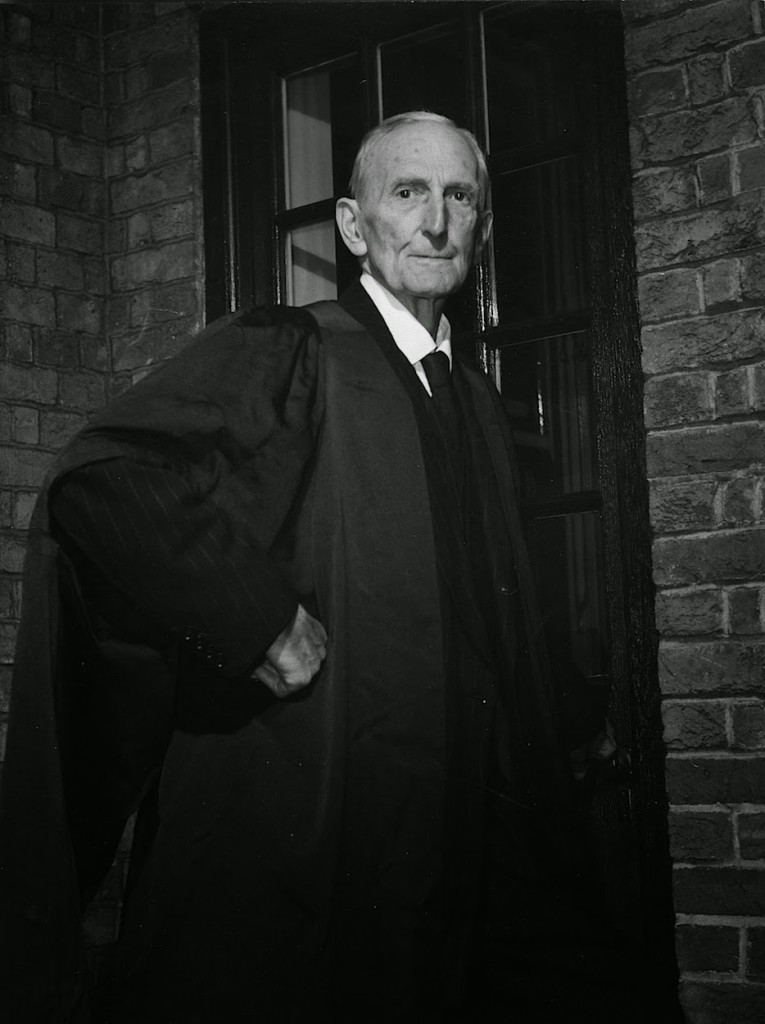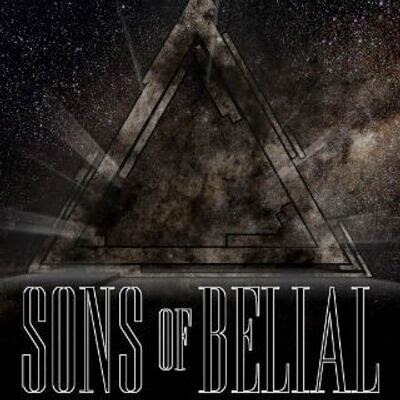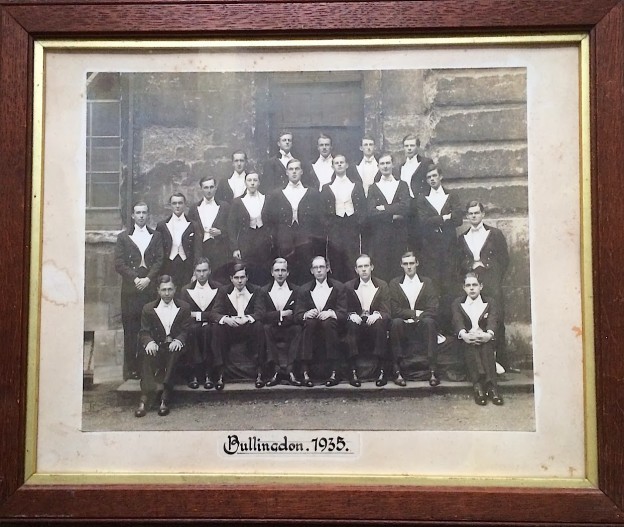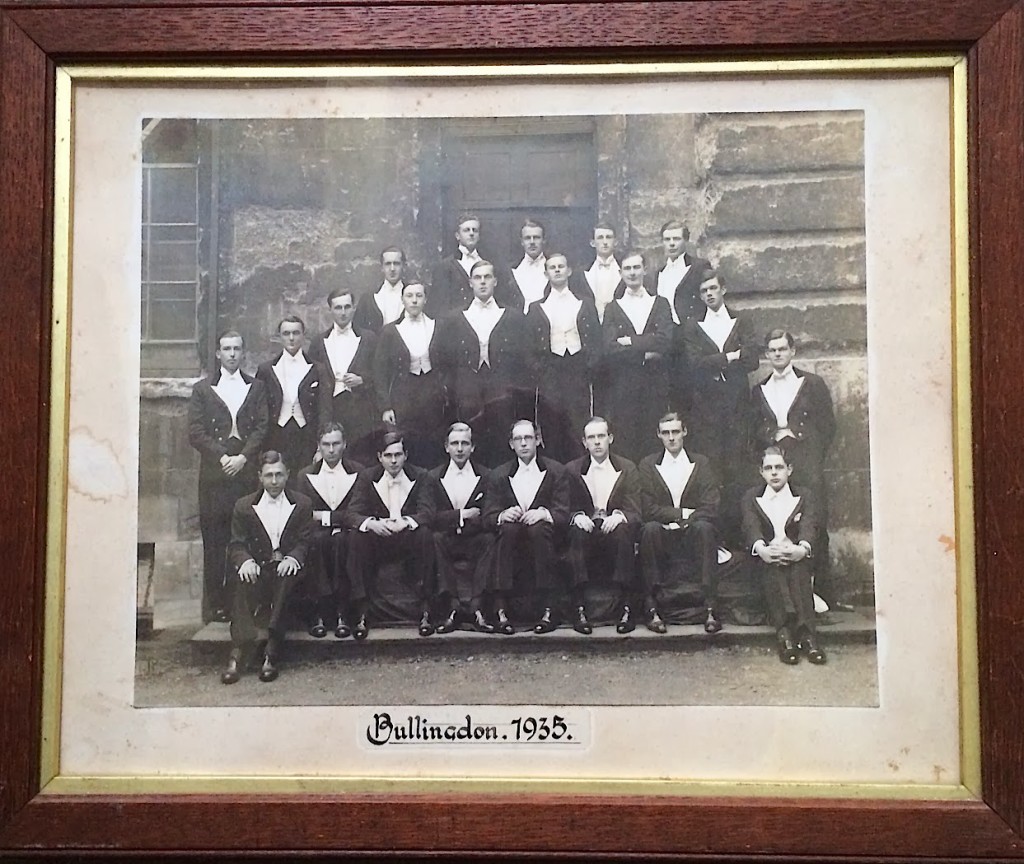 Found in a copy of New & Selected Poems by Donald Davie (Wesleyan University Press, 1961) a handwritten letter from the author. A good newsy letter that gives a snapshot of the Oxford and transatlantic poetry scene of the early 1960s. It is to Fred Hunter founder of Independent Radio News, teacher of journalism and something of a poetaster and friend of many of the Sixties and Liverpool poets. He also had a poetry record label (Stream Records) which in 1967 put out an L.P. of the American poet Dorn reading from his North Atlantic Turbine. The letter reads:
Found in a copy of New & Selected Poems by Donald Davie (Wesleyan University Press, 1961) a handwritten letter from the author. A good newsy letter that gives a snapshot of the Oxford and transatlantic poetry scene of the early 1960s. It is to Fred Hunter founder of Independent Radio News, teacher of journalism and something of a poetaster and friend of many of the Sixties and Liverpool poets. He also had a poetry record label (Stream Records) which in 1967 put out an L.P. of the American poet Dorn reading from his North Atlantic Turbine. The letter reads:[Gonville and Caius College, Cambridge]. June 18th 1963.
Dear Mr. Hunter,
I was touched and pleased to have your request from yourself and Mr. S. Raut Roy. I have today dispatched the books to you - don't send them on to India before taking out your own two copies!
I know Jonathan William, by name of course and I believe he was lately entertained by my young colleague Jeremy Prynne, to whom I am chiefly indebted for my knowledge of the Projective Verse poets, who seem to me to represent the only plausible growing-point for Anglo-American poetry. Olson I esteem chiefly as a theorist, Duncan's work I hardly know, but Creeley's I admire very much. We would link with him Edward Dorn whose very distinguished collection in typescript we are at present (Prynne and I) trying to place with a London publisher - but with predictably little success.
I am having great difficulty about completing a new collection of poems which will represent in some degree the sympathy I feel for some of the Projective Verse methods. But this business of doubling up as poet and don is quite hopeless!
Again, I'm grateful.
Yours sincerely,
Donald Davie

